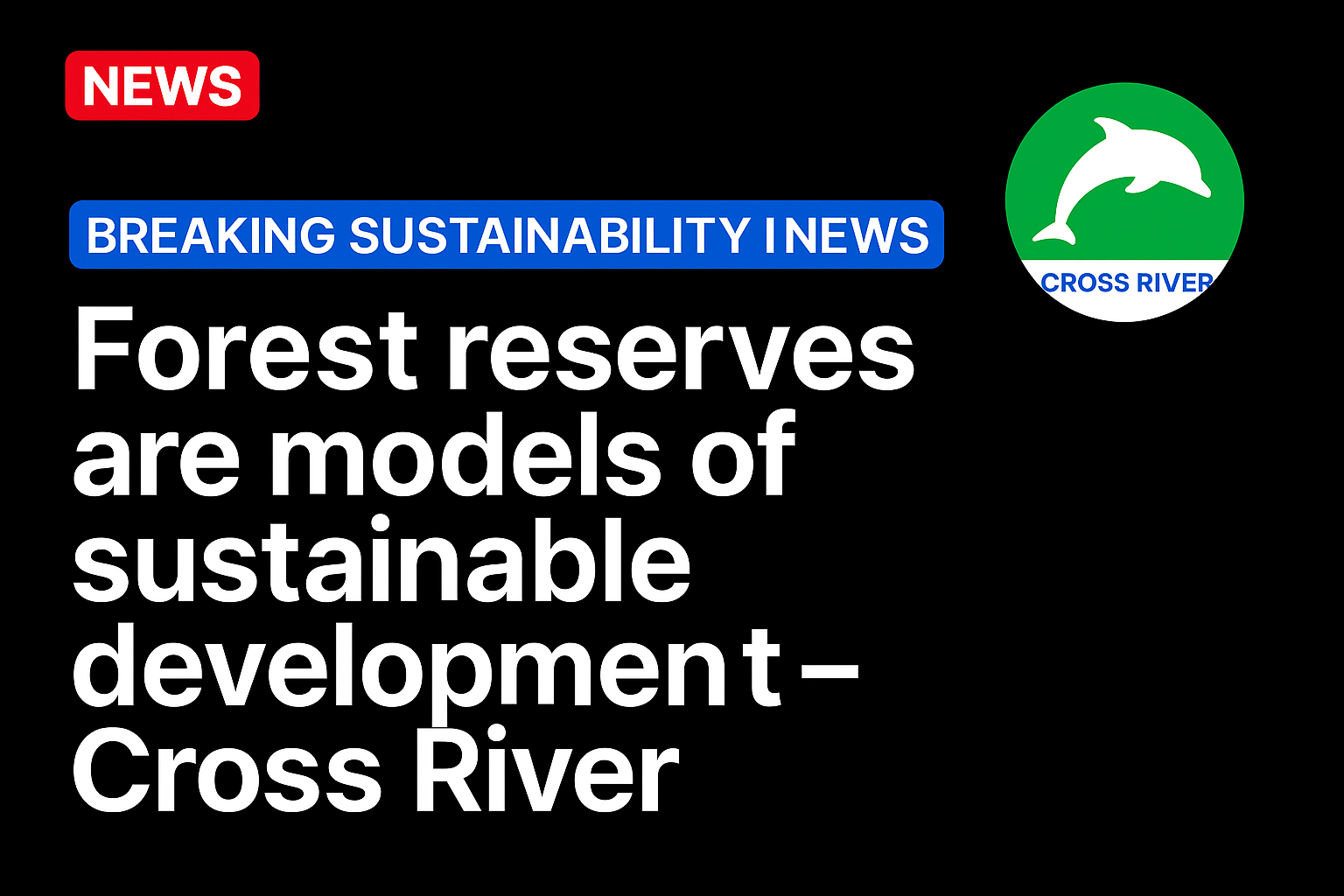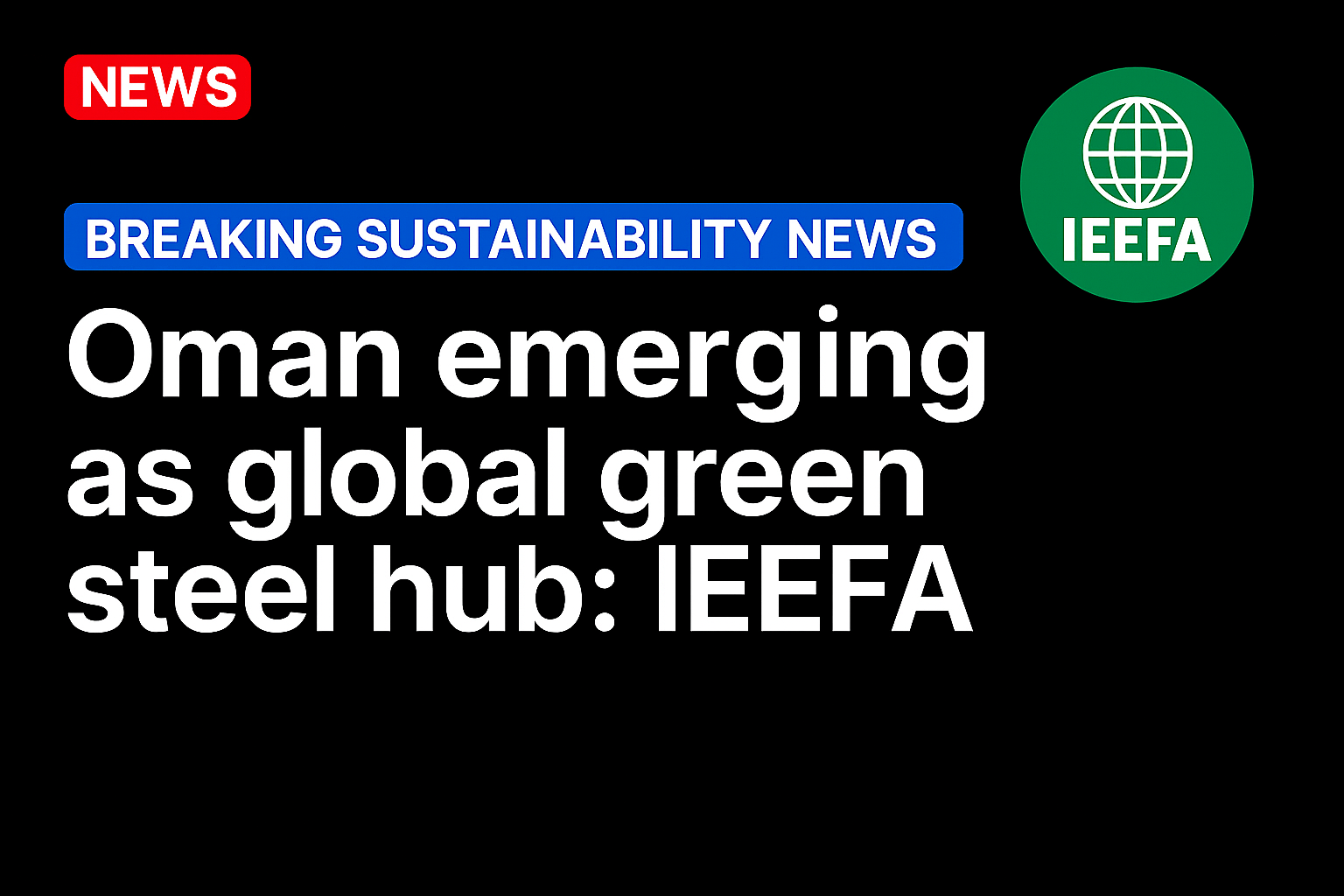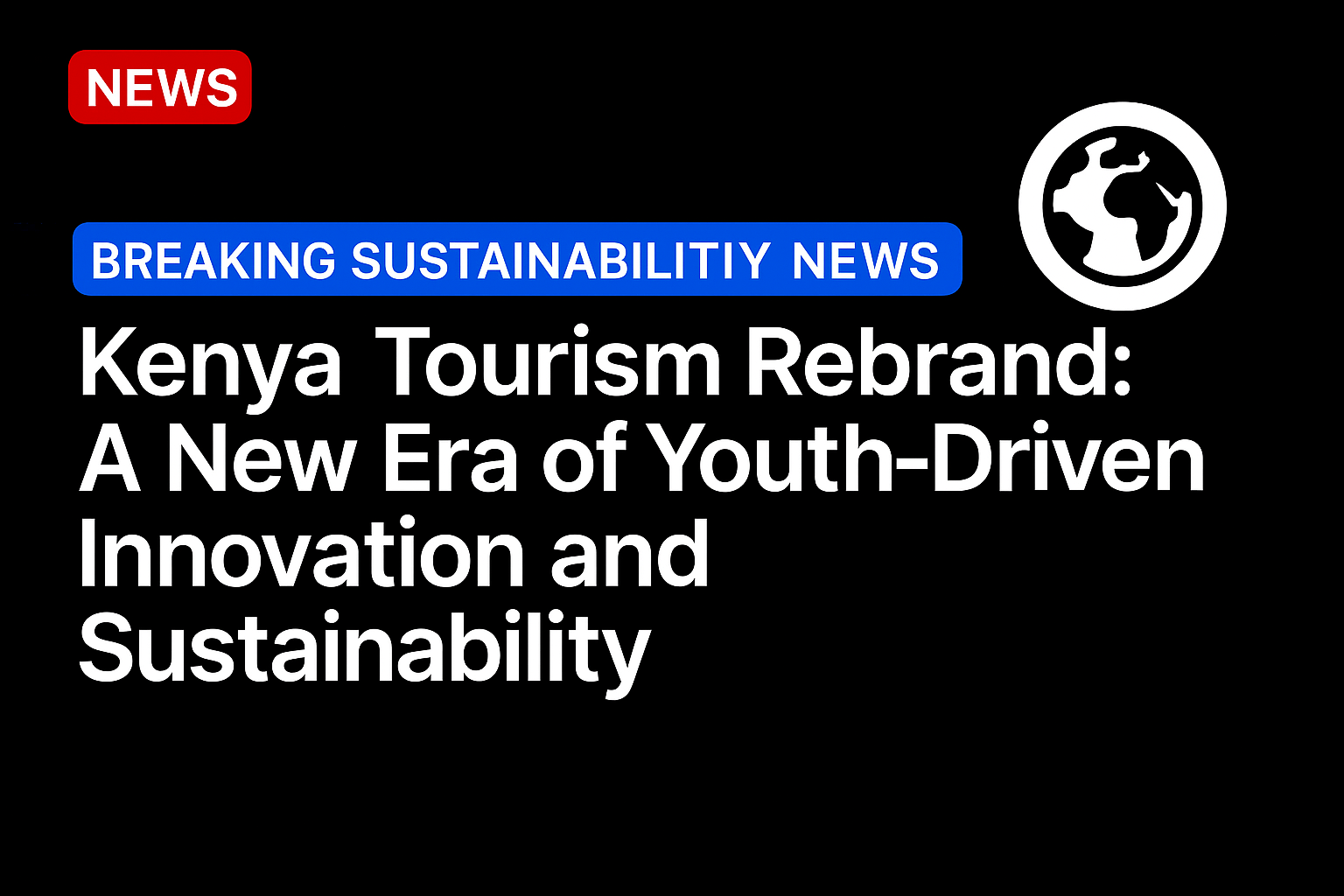The Cross River State Government has urged its citizens, especially communities living around the Oban Biosphere Reserve, to preserve it and treat it as a model of sustainable development.
Dr Hippolatus Lukpata, Commissioner for International Donor Coordination, said it could also serve as and a tool for combating climate change.
Lukpata said this on Friday, October 24, 2025, at Akamkpa, Cross River, at the Biodiversity Business Training for 12 selected communities in the Oban Biosphere Reserve area.

It is entitled “Biodiversity Business in Omo Biosphere Reserve, Oban Biosphere Reserve and Shere Hills Reserve, Nigeria”, A Means to Poverty Reduction, Biodiversity Conservation and Sustainable Development in Nigeria.
The training is being organised under the Nigeria-UNESCO project.
It focuses on promoting sustainable livelihoods and biodiversity conservation through environmental education, business management and enterprise development in piggery, poultry and fish farming.
Lukpata said the state government remained committed to protecting its rich forest resources, describing them as vital to the survival of communities, climate stability and future economic growth.
“If you know the value of what you have, you will definitely preserve it.
“Cross River State, over time, has come to realise that the forest does not only house endangered species but also cushions the effects of climate change,” he said.
He said the state government had convened several workshops and policy engagements to strengthen conservation efforts and ensure that forest resources were sustainably managed.
“Beyond what UNESCO is doing, the state government has already put in place laws that prohibit illegal logging because of the value we derive from our forests.
“That is why you see task forces on our highways checking for illegally harvested wood,” he said.
He further said that violators of forest protection laws faced prosecution and fines, as part of the state’s efforts to enforce compliance and deter illegal activities.
Lukpata explained that the ongoing training corresponded with Output 1.3 of the project, which seeks to build the capacity of families in environmental education, biodiversity management, record keeping, and biodiversity-based agro-businesses.
“This training is not just about business; it is about building a sustainable future, one where conservation and livelihood development go hand in hand,” he said.
Lukpata said the forest remained one of the most effective natural buffers against climate change, adding that preserving it was critical to sustaining livelihoods and ensuring environmental stability.
“With your commitment and cooperation we can overcome challenges, ensure that the Oban Biosphere Reserve continues to serve as a model of sustainable development for Nigeria, Africa and the world at large,” he said.
He advocated stronger collaboration between local communities, government agencies and development partners to protect natural ecosystems while improving rural economies.
He said the workshop should ignite a renewed spirit of partnership between communities, government and UNESCO, to sustain both people and nature for generations to come.
The week-long programme is being supported by India-UN Development Partnership Fund and implemented alongside Ministry of Environment, Forestry Research Institute of Nigeria and National Park Service.
Source: https://www.environewsnigeria.com/




